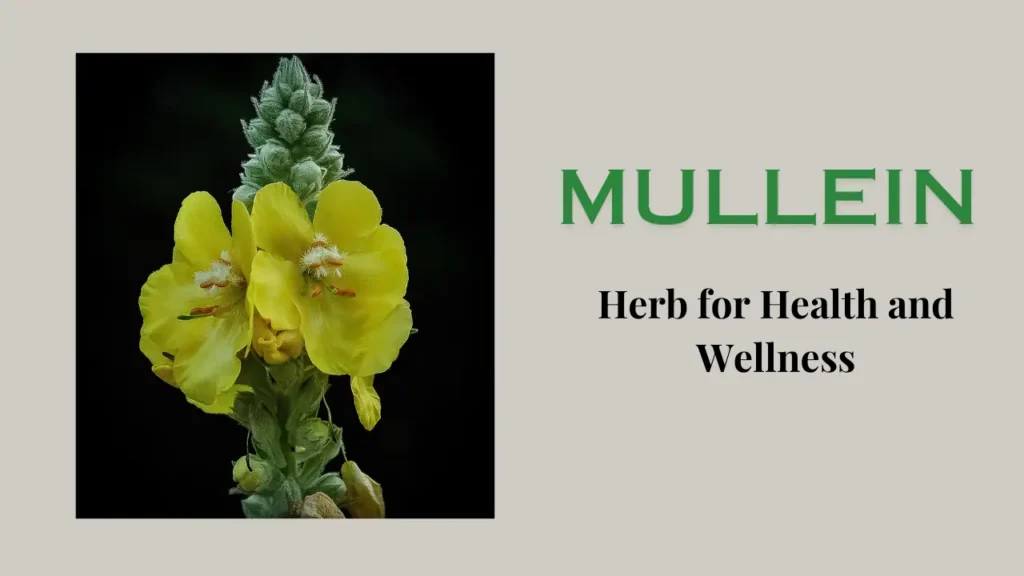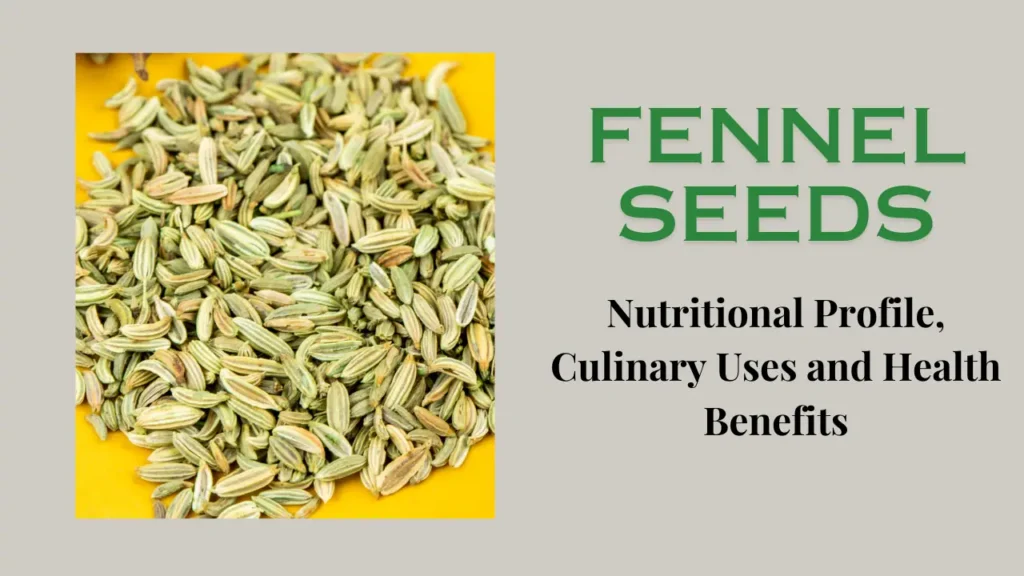
Health Benefits of Ginseng
A. Increases energy and reduces fatigue
- Ginseng is renowned for its ability to increase physical and mental energy levels.
- It works to combat fatigue by reducing oxidative stress and enhancing mitochondrial function.
B. Enhances cognitive function
- Ginseng helps improve many cognitive performances including memory, attention, and concentration.
- Its neuroprotective properties help prevent age-related cognitive decline.
C. supports the immune system
- Ginseng boosts the body’s defense against infections and diseases by stimulating the production of immune cells.
- It also reduces the duration and severity of common illnesses, such as the common cold.
D. Manages stress and promotes relaxation
- It has adaptogenic properties, which help the body adapt to stress and promote a sense of calm.
- It regulates cortisol levels, reduces anxiety, and improves overall well-being.
E. Improves physical performance
- It is traditionally used to increase stamina and athletic performance. It also increases oxygen utilization, reduces fatigue, and improves recovery after exercise.
F. supports heart health
- Regular consumption of Ginseng helps control blood pressure and reduce cholesterol levels. It also promotes heart health by protecting against heart disease.
Read Also: Ginseng tea
How to Choose and Use Ginseng
a. Ginseng Forms and Supplements
- Ginseng is available in many forms, including capsules, powder, extract, and tea. So, choose a form that suits your preferences and make sure the product is from a reputable source.
b. Dosage and duration
- Its appropriate dosage may vary depending on the individual and the desired effect. Therefore, it is advisable to start with a low dose and gradually increase it as needed. You may consult a healthcare professional for personalized guidance.
c. Possible side effects and interactions
- It is generally safe for people, but it may cause side effects such as headaches, digestive problems, or sleep disturbances in some individuals.
- It may interact with some medications, so consult your healthcare provider if you are taking any prescription medications.
Conclusion
Remember, before starting any new wellness regimen, it’s always best to consult with a healthcare professional to ensure it is suitable for your specific needs and circumstances.
There is no single definition of a “superfood”, but they are generally considered to be rich in nutrients that provide important health benefits. Ginseng has some promising health properties, but it lacks the diverse nutrient profile associated with superfoods. It is more accurately classified as a supplement with potential health benefits.
There is no correct answer to this. However moderate amounts are considered safe for most healthy adults. Some individuals may have problems with its daily use. It is important to consult your doctor before you start taking it, especially if you have any pre-existing health problems, are pregnant, or are taking medications that may interact adversely with it.
There could be several reasons for its high price:
- Slow growth: Ginseng takes several years to mature, making it a slow grower and a limited resource.
- Labor-intensive harvesting: Hand-picking and processing the delicate roots increases its cost.
- Demand: It is in high demand especially in Asia, making its price quite premium.
There is no one-size-fits-all dosage, as it depends on factors such as age, health, and the specific type of drug used. Therefore it is important to consult your doctor for personalized recommendations, as taking it in high doses can cause many side effects.
Much research suggests it may be beneficial for women, with benefits including reducing menstrual cramps, improving energy levels, and boosting immunity. However, individual experiences vary. It is important to consult your doctor before consuming it, especially if you are pregnant or breastfeeding.








